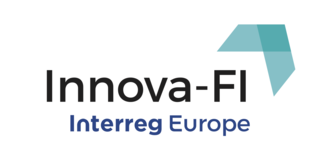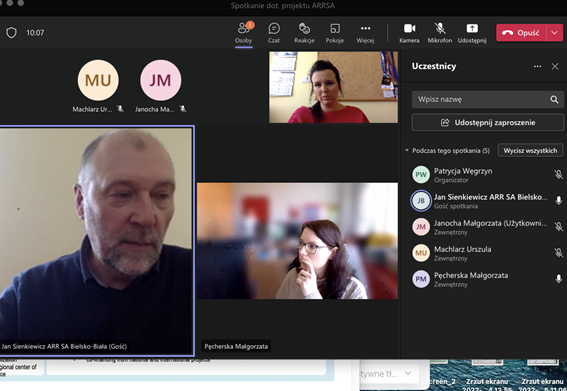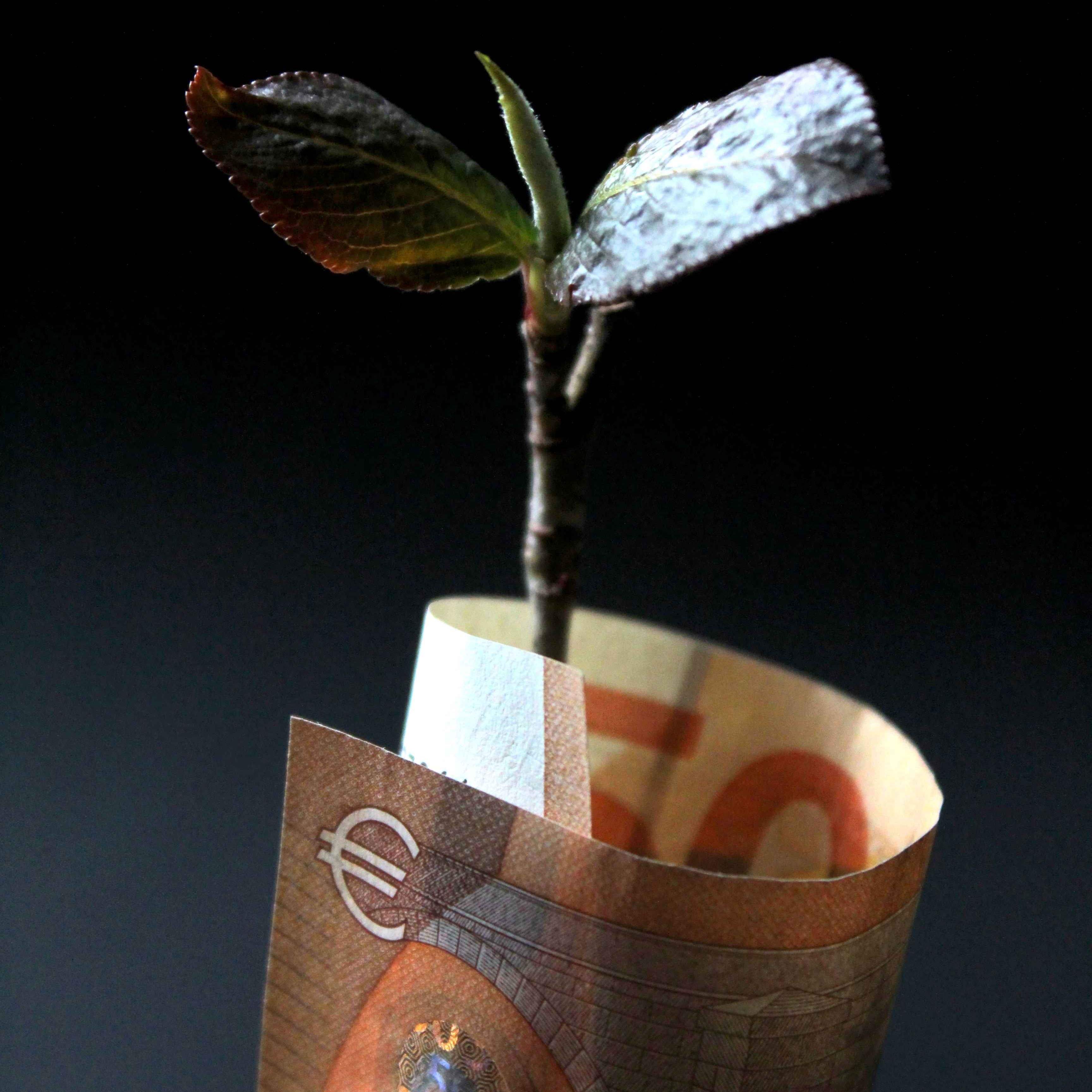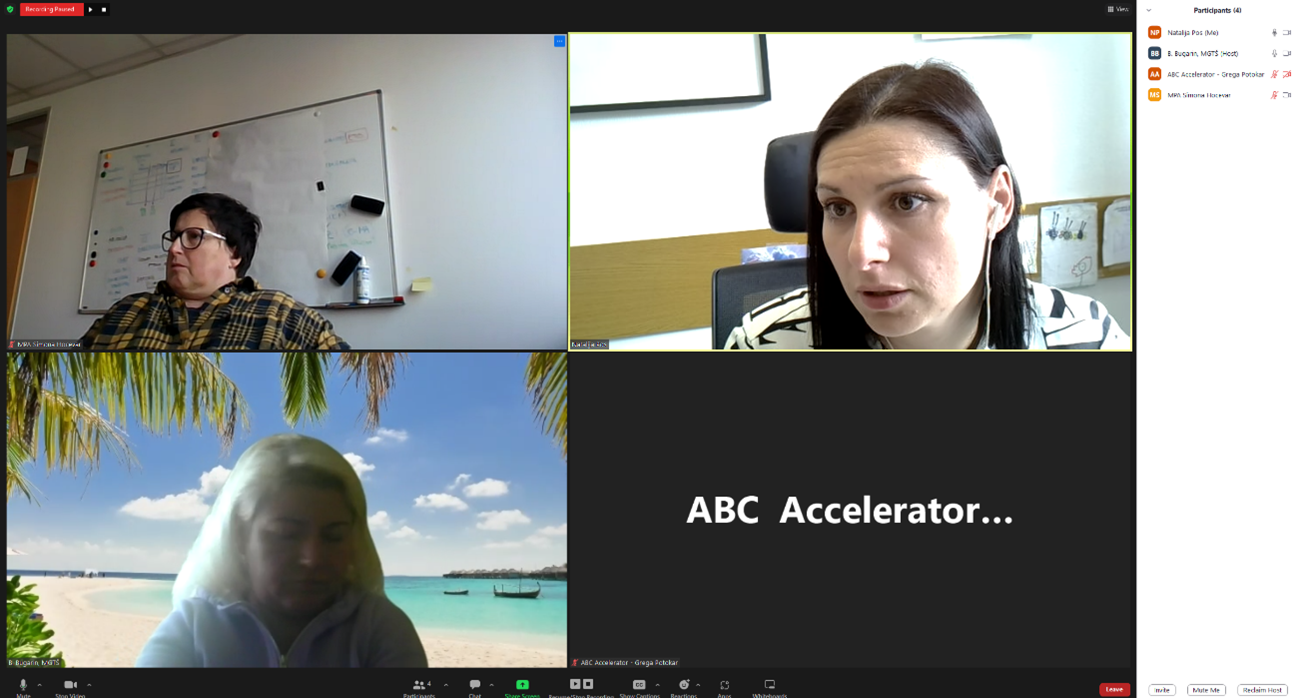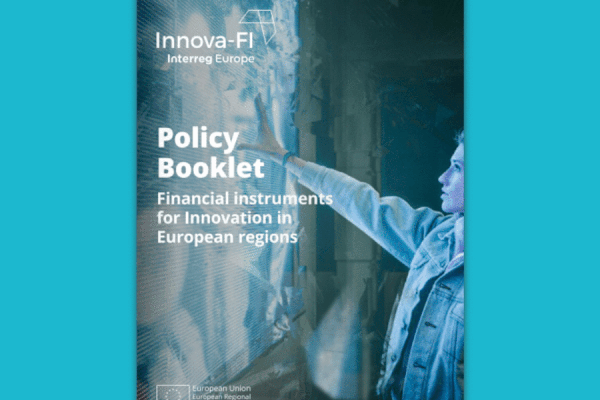The biggest part of the European Investment Bank Group’s pandemic response is the Pan-European Guarantee Fund (EGF), which aims to use up to €25 billion in guarantees provided by contributing the EU Member States to spur as much as €200 billion in financing in the participating countries by the end of 2021. Most of that will support small and medium-sized enterprises, with some of it intended for slightly bigger companies and healthcare entities, and it will be provided through debt financing, as well as venture or growth capital.
So how does the Pan-European Guarantee Fund work?
It’s a little like the European Fund for Strategic Investments, in which a guarantee from the EU budget allowed the EIB to invest in companies that might otherwise have been too risky. In the case of the Guarantee Fund, the EIB takes even more risk.
With EFSI loans, the EIB Group provided unprecedented support to small businesses, sharing the risk of new financing with local partners throughout Europe. With the EGF, the EIB Group continues to work through local partners to reach target beneficiaries. It is able to bear the lion’s share of the risk of new lending to target beneficiaries, based on the guarantees provided by the participating Member States.
The EGF is like EFSI in using a public guarantee to mobilise a much larger amount of financing than can be done with public grants alone. However, it is also unlike EFSI, in that the same concept has been adapted to address an urgent crisis.
Guarantee fund bolsters small businesses during COVID-19 crisis
As the pandemic spread in the spring, small businesses across Europe were shuttered by lockdowns. The Guarantee Fund aims primarily at helping them, with at least 65% of its investment earmarked to support small and medium-sized businesses (SMEs). The EIB Group also launched a range of emergency programmes:
- €10 billion of additional working capital through liquidity lines to banks;
- €10 billion of loans to SMEs through asset-backed securities purchasing programmes;
- €8 billion of financing through guarantee schemes for immediate deployment;
- €6.7 billion of financing for projects related to COVID-19 outside the EU;
- €6 billion of financing for investments in healthcare infrastructure and the development of vaccines and drugs.
All EU Member States were invited to contribute to the Guarantee Fund (with a share of the up to €25 billion guarantee) based on their share of EIB capital. The Fund will enter into operations with the aim of keeping the net expected loss on the guarantee commitments at 20%.
Read the full article here: https://www.eib.org/en/stories/guarantee-fund-bolsters-small-businesses?utm_source=mailjet&utm_medium=Email&utm_campaign=Better%20days%20ahead&utm_content=na
